PDF version being created. This may take some time, please wait... ![]()
2025 Health Science Conference Agenda
This comprehensive 2-day training provides new teachers with the resources and training needed to teach Health Science. The New Teacher Training will take place on July 20,12:00-6:00 PM, and July 21 from 8:00 AM-5:00 PM. Registration for this training includes General Conference registration on Wednesday and Thursday. The workshop includes: Overview of health science and understanding of the TEKS, classroom management, health science terminology, teaching strategies, learning styles, and introduction to student organizations. Exposure to classroom and administrative responsibilities, including lesson planning and making those lesson plans interactive using labs and technology.
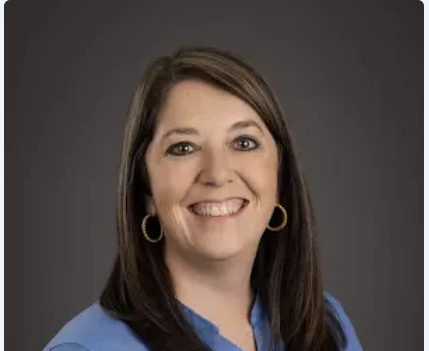
Spaces are limited, and pre-registration is required using the NHA registration Link THOA-preconference-registratio
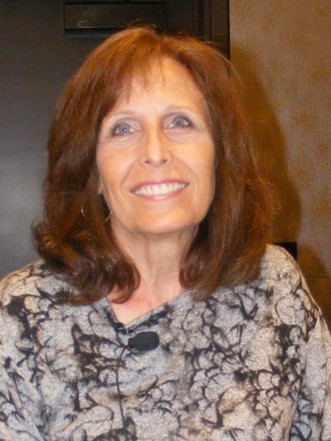


This workshop equips high school health science teachers with interactive, hands-on lesson plans that boost student engagement and real-world learning. Participants will explore creative strategies like simulations and group activities, leaving with a toolkit of ready-to-use resources.
The second half focuses on maximizing Google Tools and other tech platforms to simplify workflow and enhance collaboration. Learn to use Google Forms, Docs, Sheets, and Slides, along with Canva and GooseChase, to create quizzes, online escape rooms, and more. Perfect for educators or professionals seeking practical, innovative ways to engage others and streamline tasks using powerful digital tools.
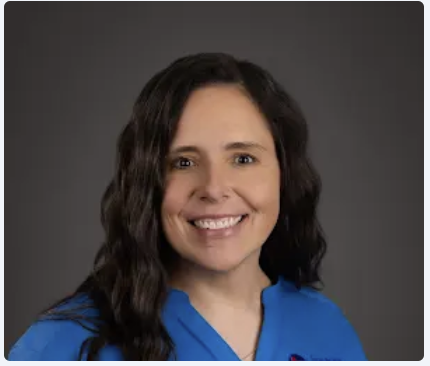
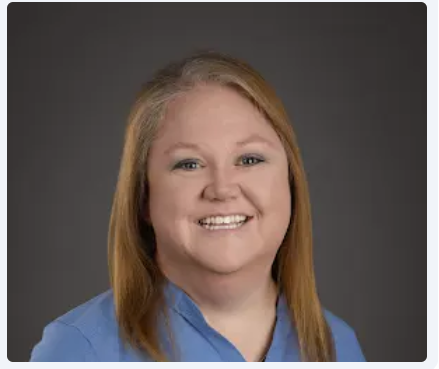


Let's team up to tackle one of the biggest goal in any pharmacy tech program: getting our students certified and confident. This interactive session brings educators together ti swap success stories, brainstorm fresh ideas, and walk away with a toolbox full of ready to go strategies to increase ExCpt ad PTCB pass rates. Whether you bring your best practice or just come to explore, you will leave with a collaborative toolkit, new connections, and ideas ou can implement on Monday. This is not your sit-and get session---let's get LOUD and REAL and CERTIFIED!

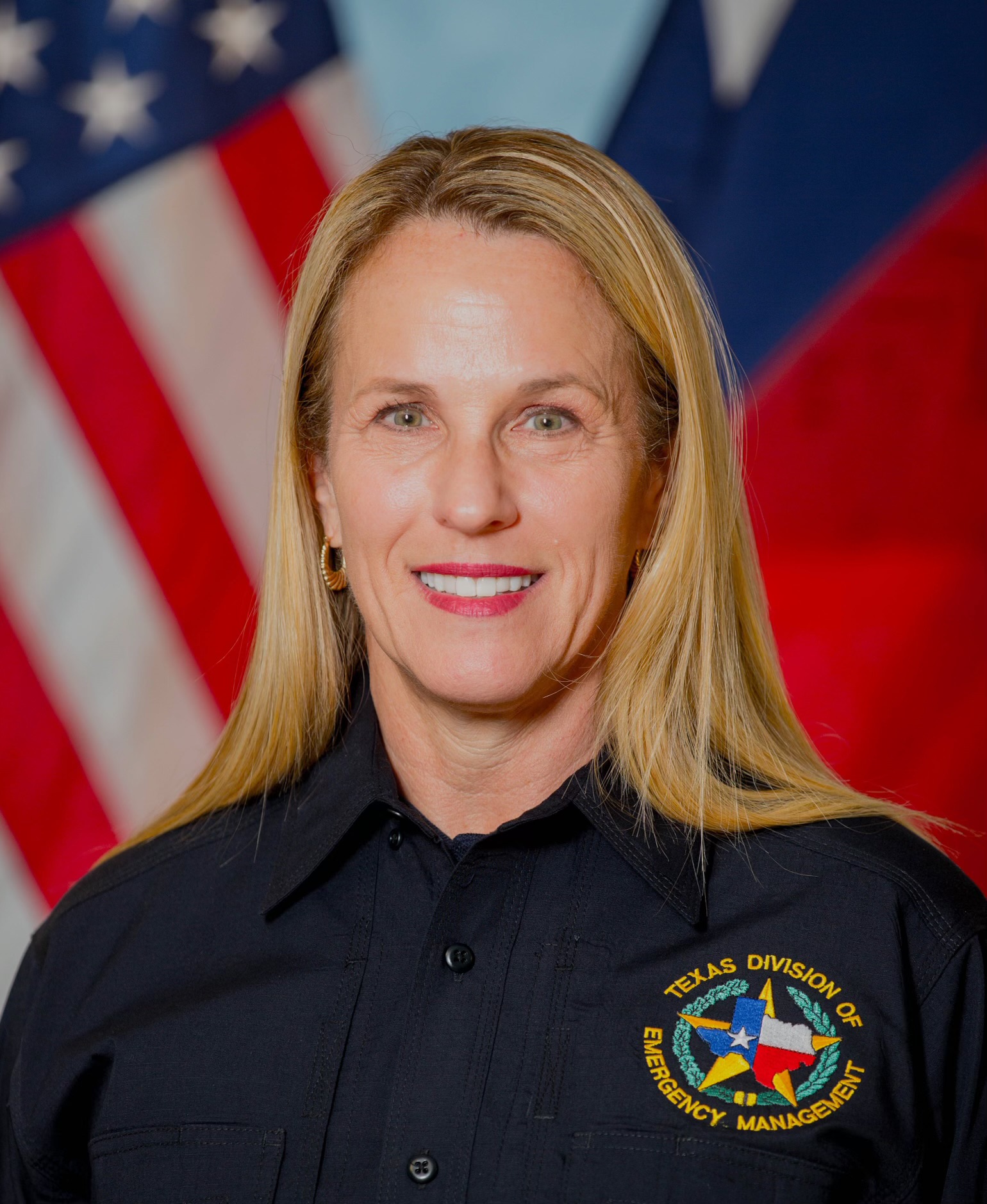
In this high-energy, interactive keynote, Avish Parashar introduces the power of “Yes, And!” — a mindset from improv comedy that helps educators and leaders confidently navigate change, foster resilience, and build stronger connections.
With the “Yes, And” mindset, participants will leave with tools to not only thrive personally, but to better prepare their students for successful, adaptable healthcare careers.

"Color thru Health Science" is an innovative approach to learning, designed to offer students an engaging, creative, and comprehensive experience in the field of health science. This hands-on learning method not only enhances retention but also fosters a deeper connection to the subject matter.
1. Color thru PCT (Patient Care Technician)- phlebotomy, EKG, patient care
2. Color thru Human Body- body systems, diseases/disorders
3. Color thru Healthcare Careers-duties in each career
4. Color thru Pharmacy Tech- Rx processing, Common Rx and OTC meds


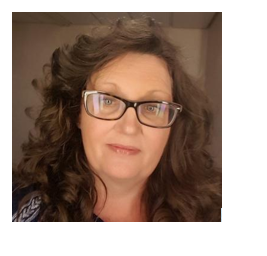
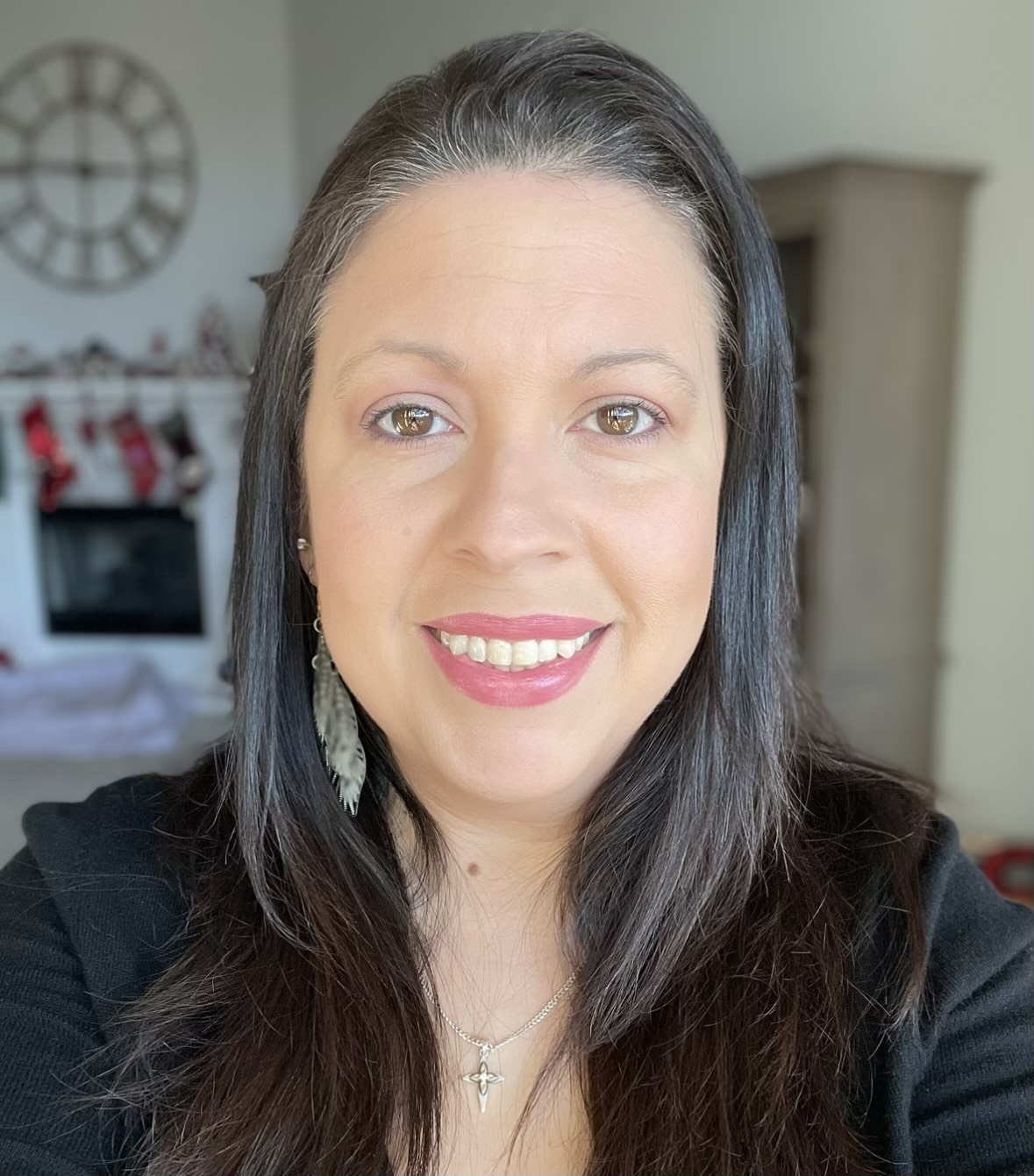
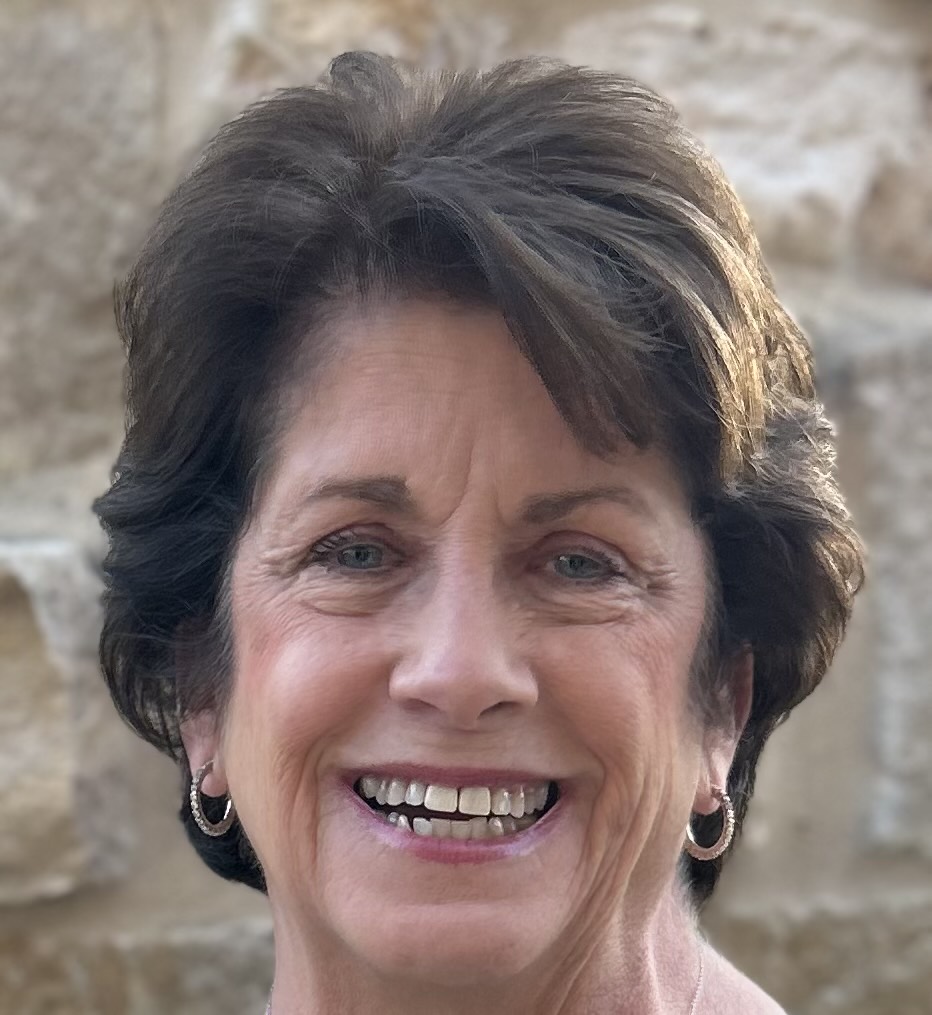
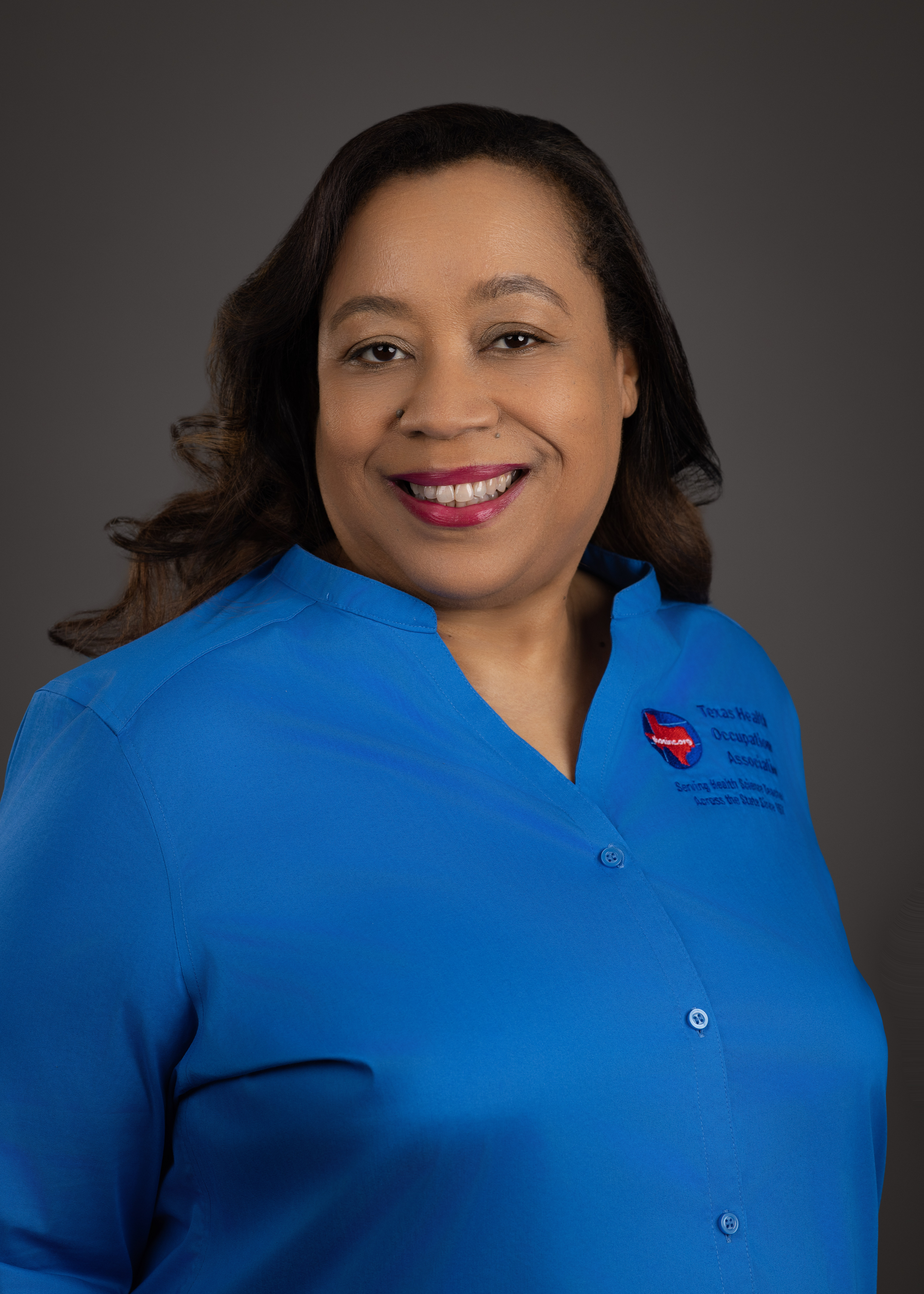
The topics and THOA Board facilitators are listed below:
Group 1: Med Assisting/CNA - Facilitated by THOA Board Member Bill Borowski
Group 2: Principles of HS/HS Theory - Facilitated by THOA Board Member Deborah Hunt
Group 3: Anatomy/Pathophysiology - Facilitated by THOA Board Member Maggie Landes
Group 4: Medical Terminology/EMT - Facilitated by THOA Board Member Deborah Hunt
Group 5: Kinesiology/Personal Trainer - Facilitated by THOA Board Member Michelle Derr
Group 6: Pharm Tech/Pharmacology - Facilitated by THOA Board Member – Trazie Durden and Nestelynn Friday



Struggling to keep students engaged while preparing them for rigorous industry certifications in nursing, EMT, and EKG? Discover how AR/VR is transforming health science education—turning passive learning into interactive skill-building that mirrors real-world clinical environments.
In this dynamic session, explore how educators are integrating AR/VR to simulate patient care scenarios, emergency response protocols, and cardiovascular diagnostics—without the limitations of physical labs or consumables. From early career exploration to credential preparation, see how this technology supports student agency, reinforces academic foundations, and builds the competencies needed for success in high-skill, high-wage health careers.


This content is more specific to PTCB, but ExCPT teachers are more than welcome too! I want to create a space where we can freely ask questions that we have desperately been seeking answers to, in hope that someone else has either had the same issue or has solved the problem. We learn better together, learning from each other's failures and successes. I hope that from this session we gain more insight into what we are teaching and come out a little more confident than we came in.

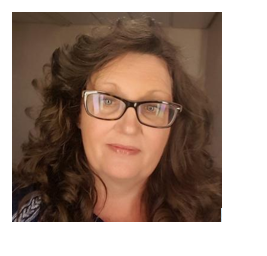
This session will explore how educators can leverage cooperative learning strategies to gather and analyze data, ultimately enhancing student success in obtaining industry-based certifications within Health Science. Attendees will learn how to incorporate group-based activities and assessments to collect data on student performance. The session will also demonstrate methods for analyzing this data to assess readiness for certification exams and identify learning gaps Participants will leave with actionable strategies to use data effectively in refining their teaching practices and improving student outcomes. This conference is ideal for educators looking to integrate data-driven approaches to support career readiness.

Group 2: Principles of HS/HS Theory - Facilitated by THOA Board Member Deborah Hunt
The goals of the session include:
- Engaging in open dialogue with peers
- Exchanging best practices and resources
- Addressing common challenges in course delivery
- Inspiring each other with new instructional ideas
Please bring along any questions, course materials, teaching strategies, project ideas, or useful tools you've discovered.
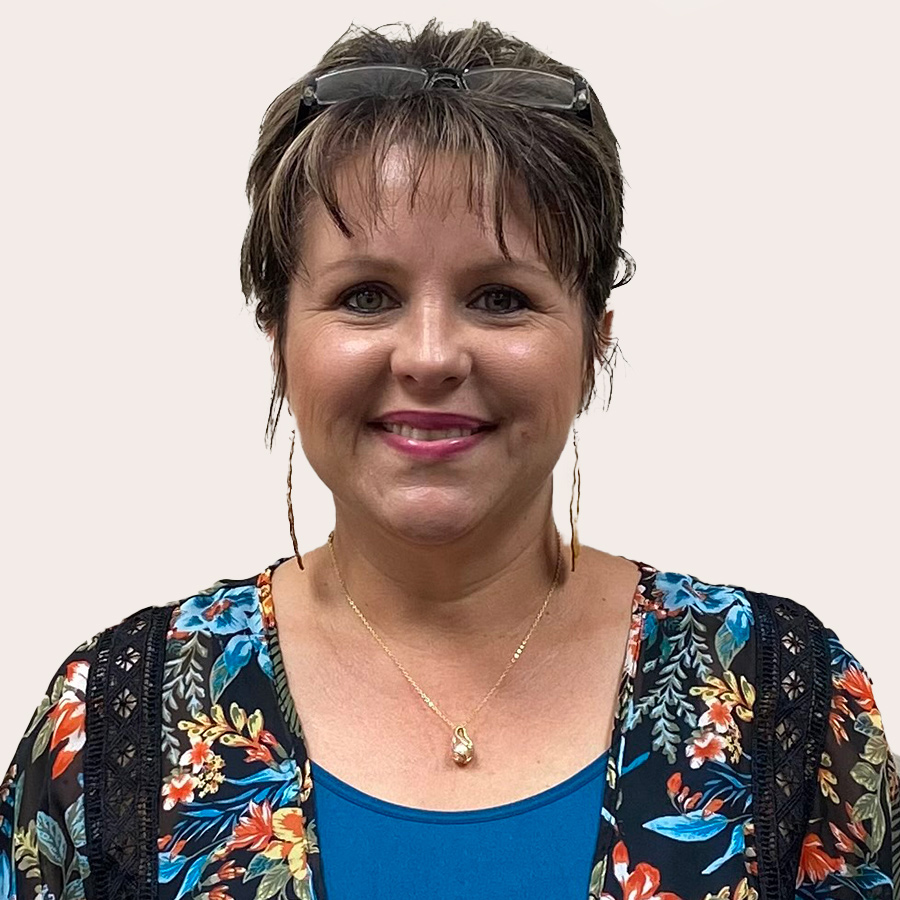
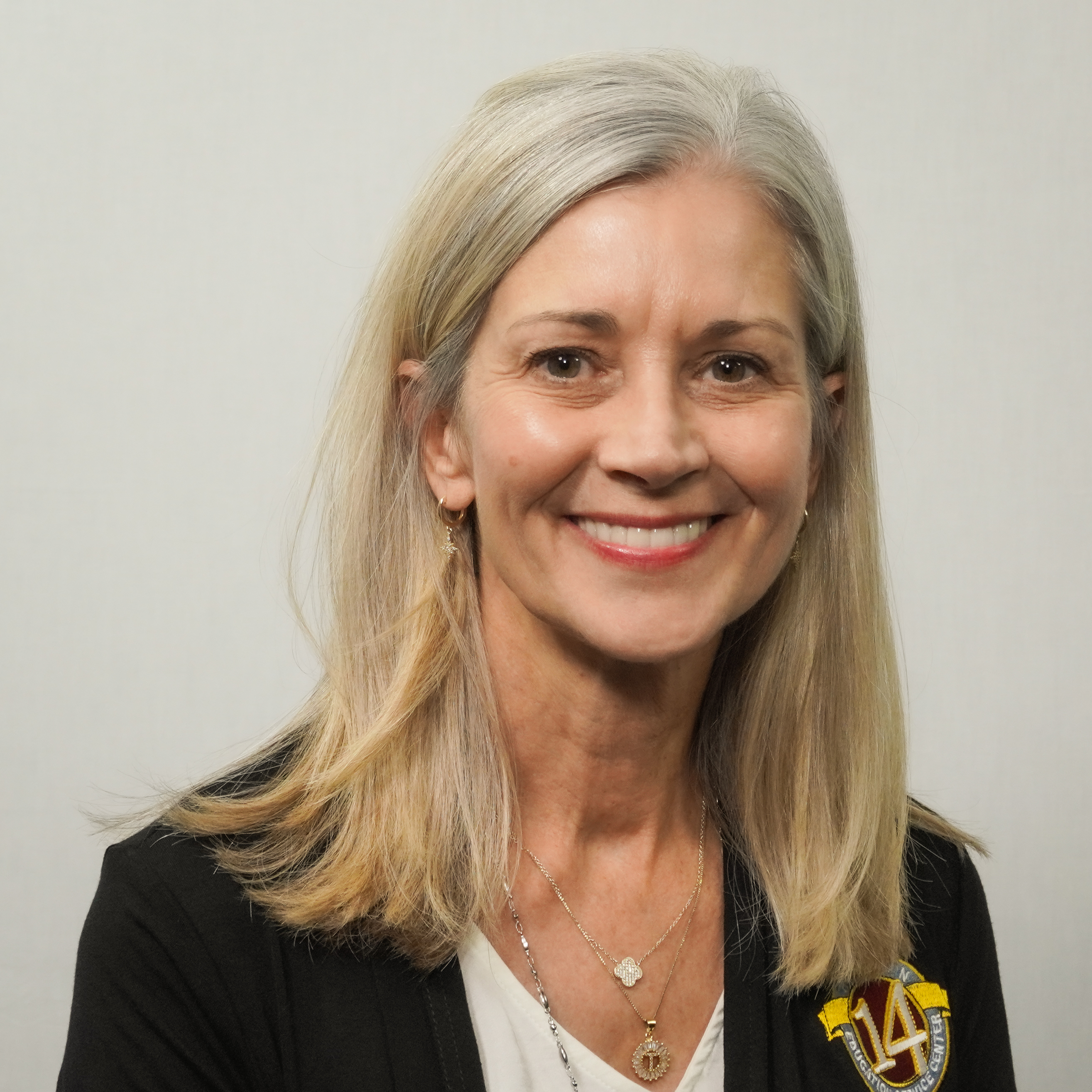
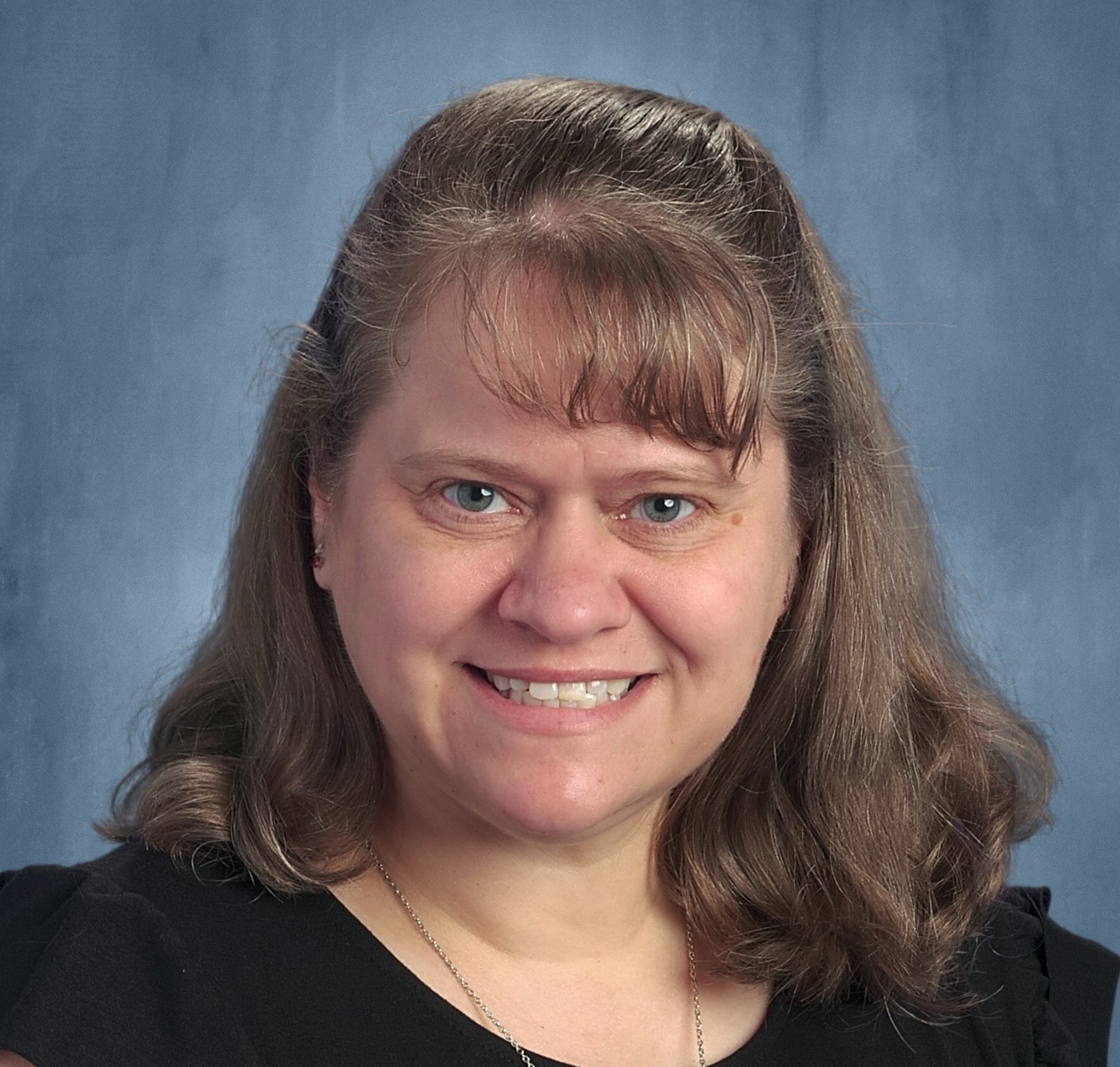



Having a variety of games in your toolbox makes it less likely that students will become bored. I will show you ways to use Gimkit, Quizlet, Blooket, and other hands on activities in our classrooms. Many of these programs use repetition and active learning strategies to help students commit items to memory. These games can be played individually or in teams. Working together to answer questions and solve problems is beneficial for students who struggle with the material. The students think they are playing games, but we know we are having them do repetitive practice!
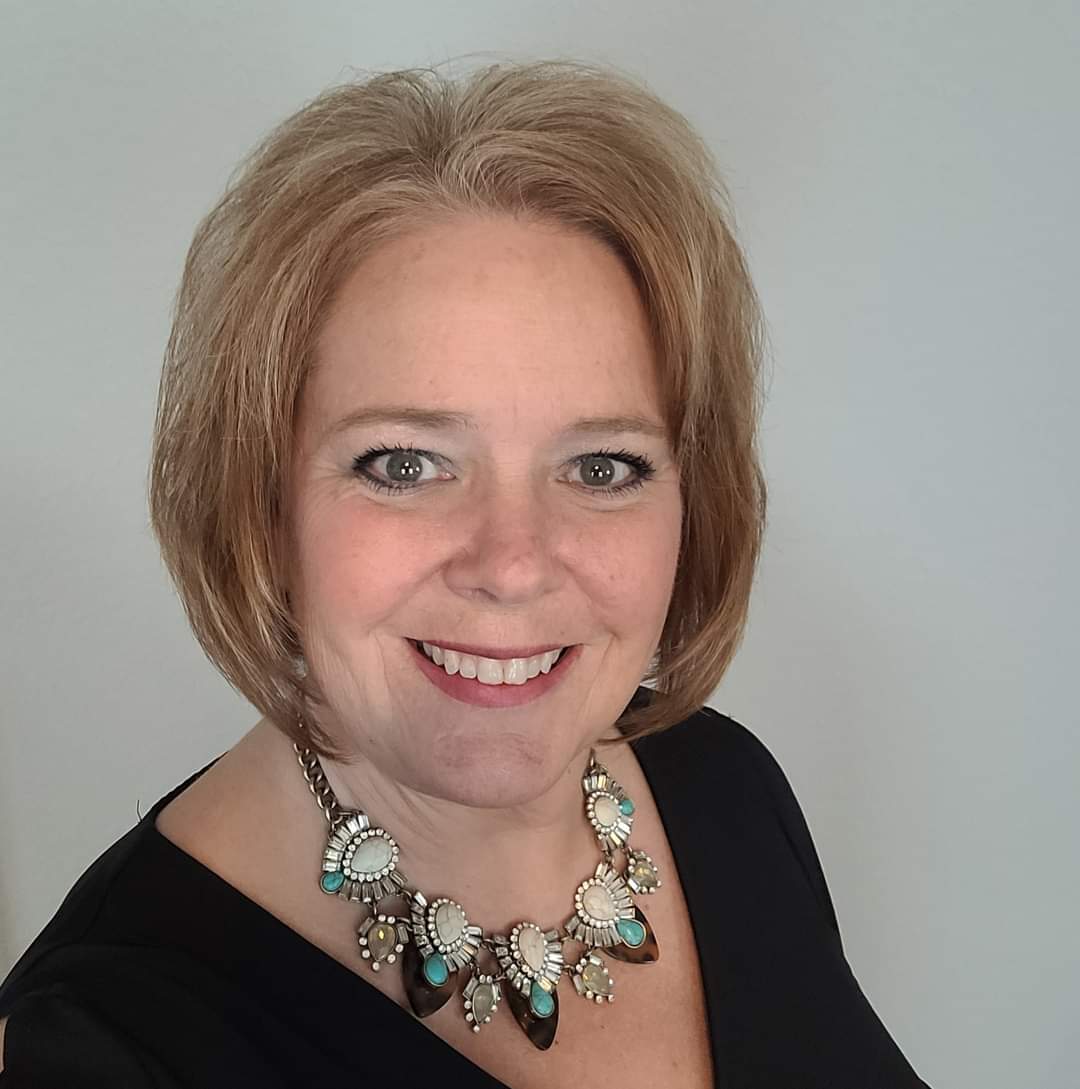



The goals of the session include:
- Engaging in open dialogue with peers
- Exchanging best practices and resources
- Addressing common challenges in course delivery
- Inspiring each other with new instructional ideas
Please bring along any questions, course materials, teaching strategies, project ideas, or useful tools you've discovered.
Fundamental harms of phone-based childhood
* Sleep/ Social deprivation
* Addiction
* Attention Fragmentation
Negative Effects
- Increased rates of anxiety, depression, and loneliness.
- Sleep disturbances caused by screen time.
- Cyberbullying, social media, and online harassment
- Risk of addiction and reduced physical activity.
- 3. Cell phones and the internet, few safeguards for age appropriateness
What can be done?
Governmental Regulations
Educators
Parents

Lateral Flow Assays (LFAs) or "rapid tests" have became a household product during the pandemic when many of us used them to test for COVID-19 infection. These tests are designed to provide a simple, quick assessment of biomarkers and analytes for health assessment of conditions such as pregnancy and disease, and can also be used to measure biomarkers of veterinary and environmental health. In this hands-on workshop we will examine the most commonly used version of the LFA, and demonstrate how it can be used to illustrate basic immunology and immunoassay concepts.

Topics will include: Texas HOSA Guidelines; Dress Codes; Preparing your students for competition; General Rules and Regulations; What to expect once you get to competition.


SECTION 1: Understanding Donor Reactions
➤ Common Reactions (Vasovagal): Occurs when the body overreacts to certain triggers, such as the sight of blood or emotional distress.
🛡️ SECTION 2: Prevention Starts Before Donation
✅ 1. Educate Donors
✅ 2. Screening & Monitoring
🪑 SECTION 3: During Donation
✅ 3. Positioning
✅ 4. Distraction Techniques
✅ 5. Staff Observation
🍪 SECTION 4: Post-Donation Care
✅ 6. Recovery Area Guidelines
✅ 7. “Runner” Protocol
🚨 SECTION 5: If a Reaction Happens
✅ 8. Immediate Action:
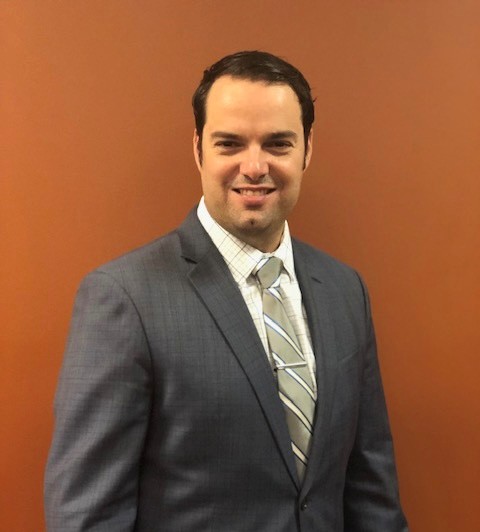
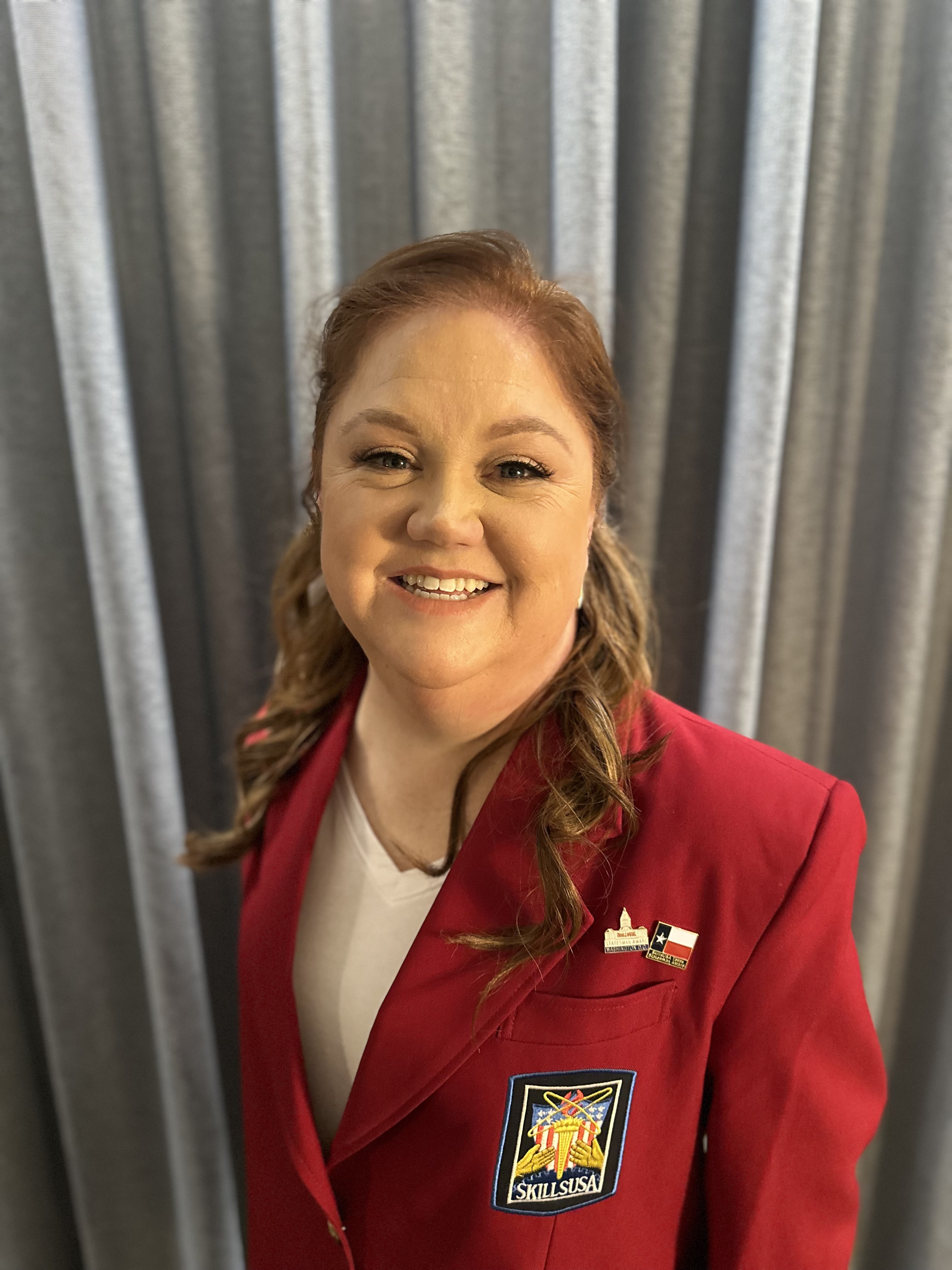
Most Americans do not understand that many diseases can be preventable. There is overwhelming clinical research showing that small lifestyle choices greatly impact the trajectory of one’s life and well-being. This evidence-based research project explores the key components that contribute to holistic health: Nutrition, gut health, and vaccinations. These key components encourage the autonomy of patient care and act as a preventative measure against diseases throughout the lifespan. Education, research, and advocacy for disease prevention can influence our society’s well-being by promoting healthy choices.
.jpg)

.jpg)
.jpg)
.jpg)

.jpg)
The goals of the session include:
- Engaging in open dialogue with peers
- Exchanging best practices and resources
- Addressing common challenges in course delivery
- Inspiring each other with new instructional ideas
Please bring along any questions, course materials, teaching strategies, project ideas, or useful tools you've discovered.
Take a look at the fun we had in 2024 at the Painting With A Purpose Social Activity
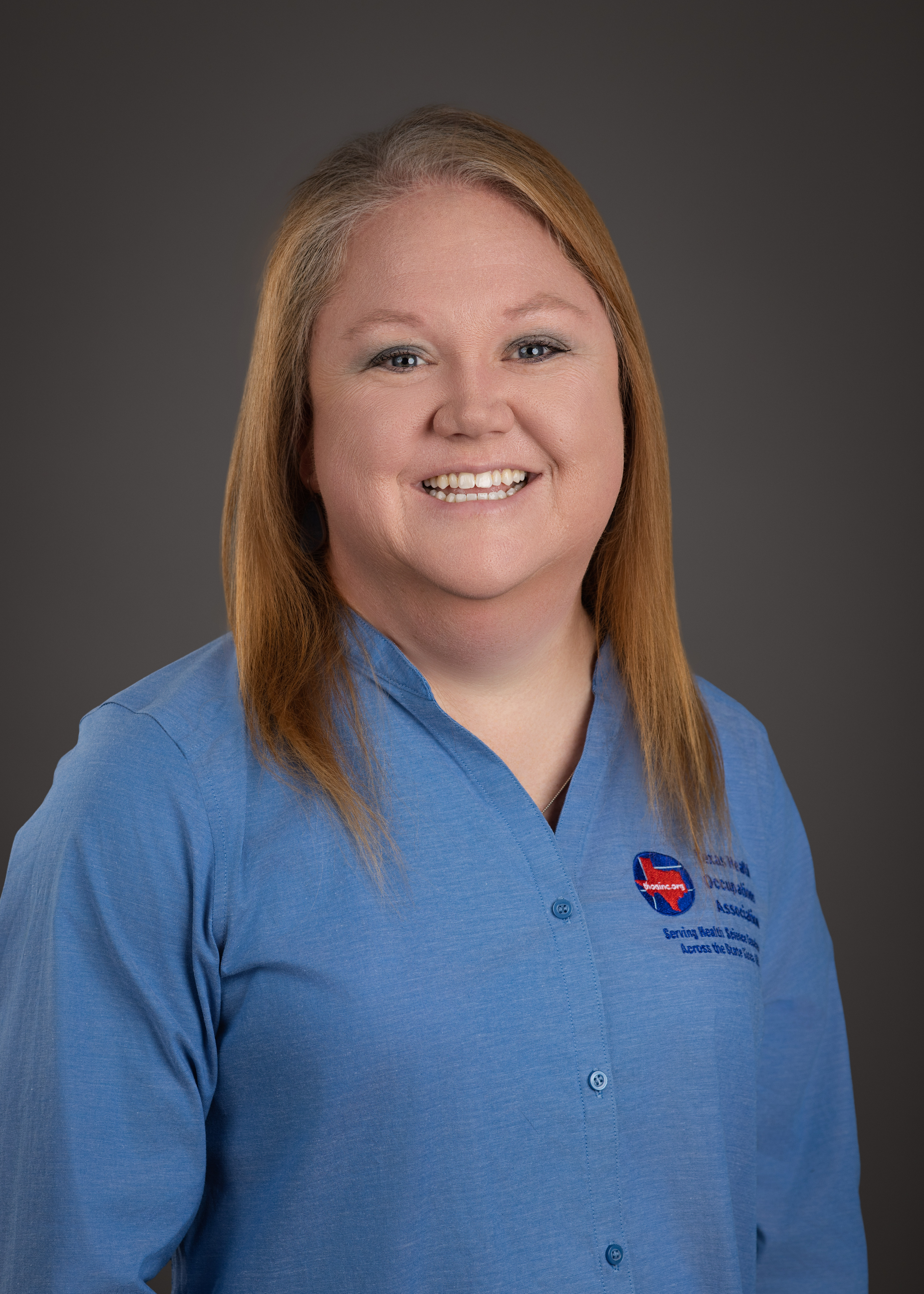


Navigating the world of health science purchasing requires a thoughtful approach. This presentation can help you categorize what your prioritize your need and wants wealth. We'll delve into understanding consumable , non consumable, and wants. We will talk about allocating funds to increase equipment numbers, and funds for up-to-date industry-standard equipment, facilities, and resources to provide students with relevant skills and training.
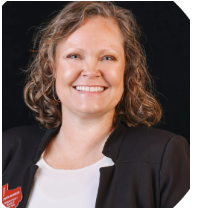
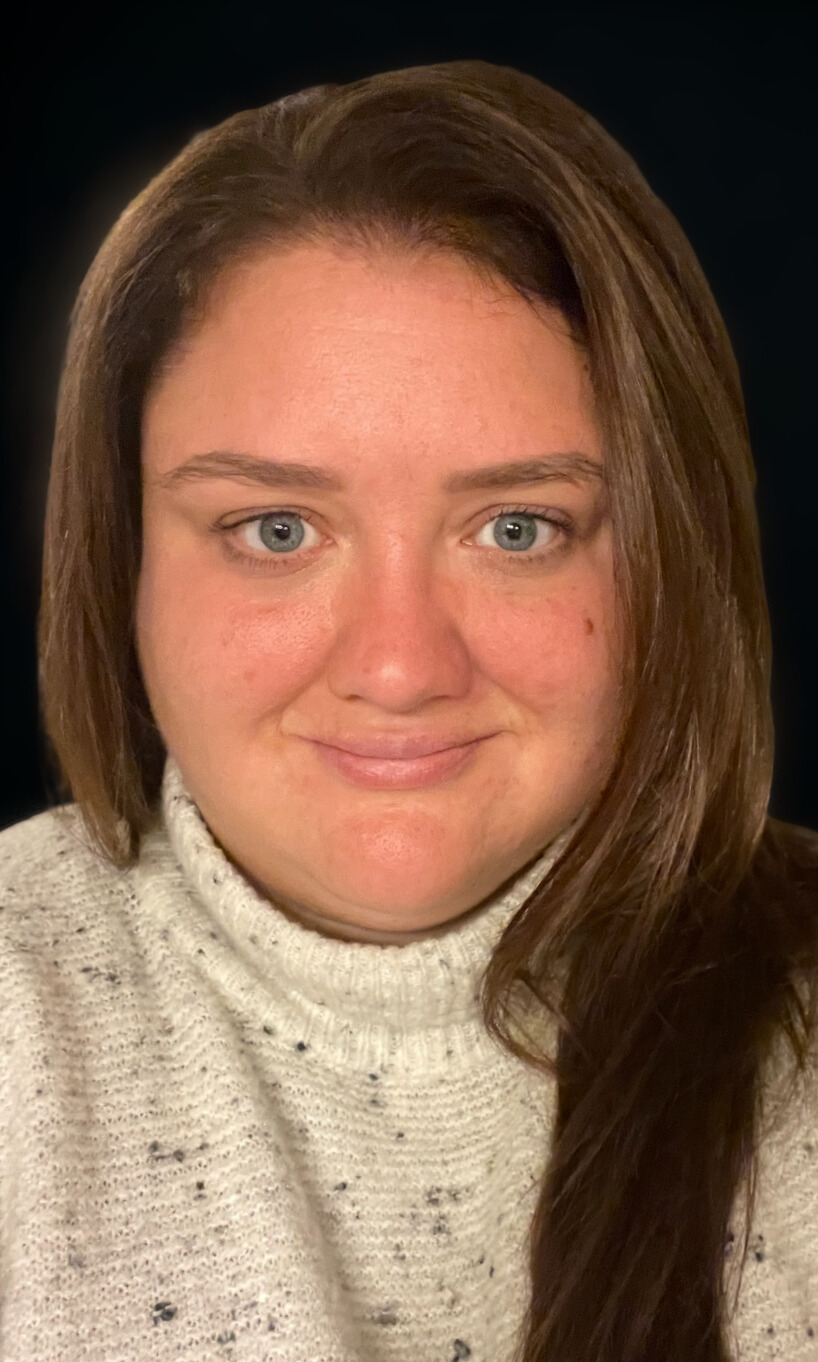
We are going to demystify the Competitive Event structure, the timeline, and the prep and make it easy to follow so that you can have a great experience with HOSA Competitive Events in your chapter this school year!

The goals of the session include:
- Engaging in open dialogue with peers
- Exchanging best practices and resources
- Addressing common challenges in course delivery
- Inspiring each other with new instructional ideas
Please bring along any questions, course materials, teaching strategies, project ideas, or useful tools you've discovered.
Learn about a fun and interactive way for students to gain hands on experience with over 70 health care careers through hands on labs while fostering student independence, problem-solving, collaboration, and content literacy. We will discuss the Paxton Patterson Health Science Careers Labs and how they have had a positive impact on my students and my classroom.


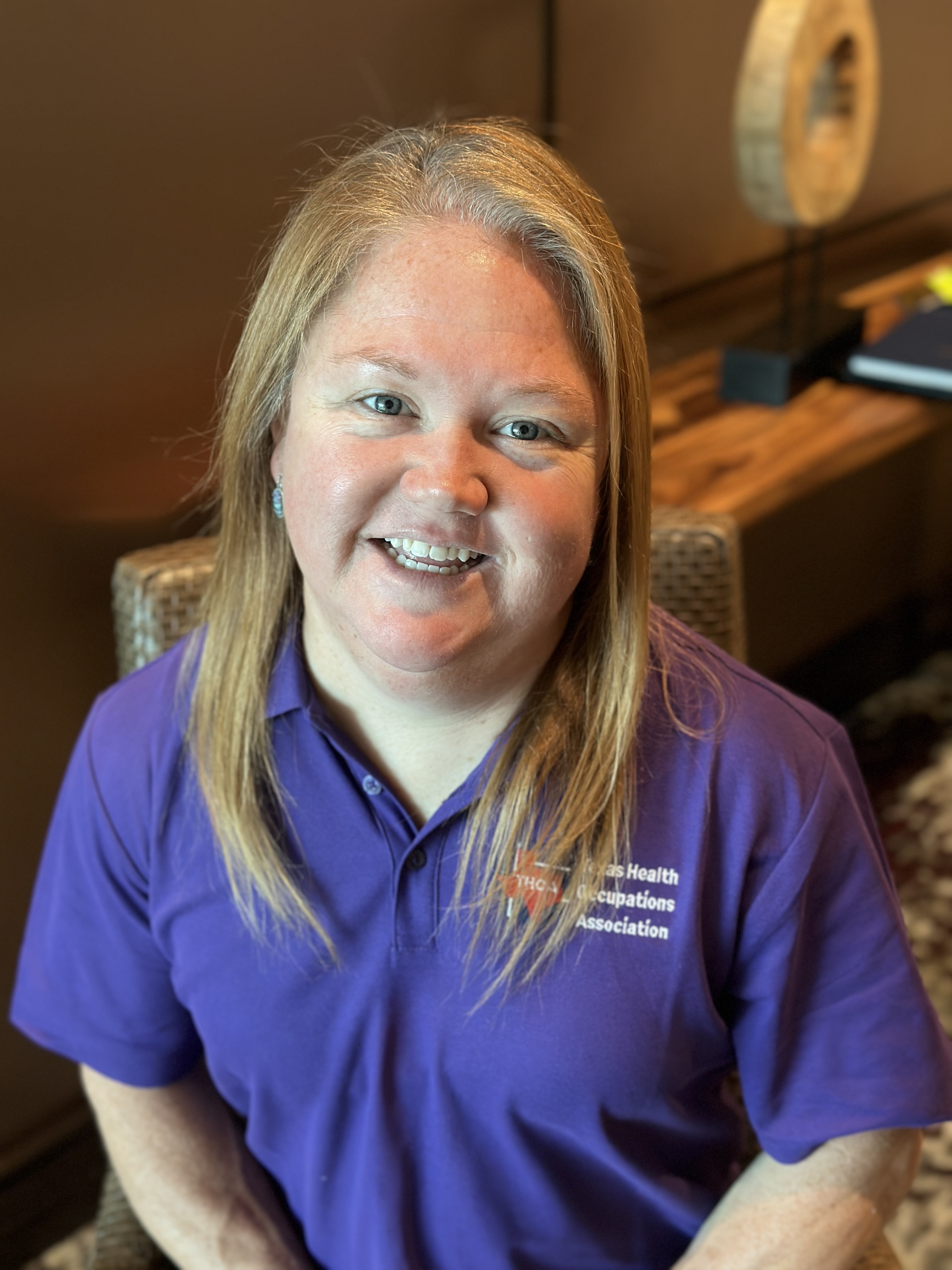
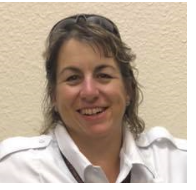
We will focus on virtual human dissection as a means of engaging students in a way that provides this new generation of "digital natives" with instructional methodologies that meet their needs to drive better outcomes.

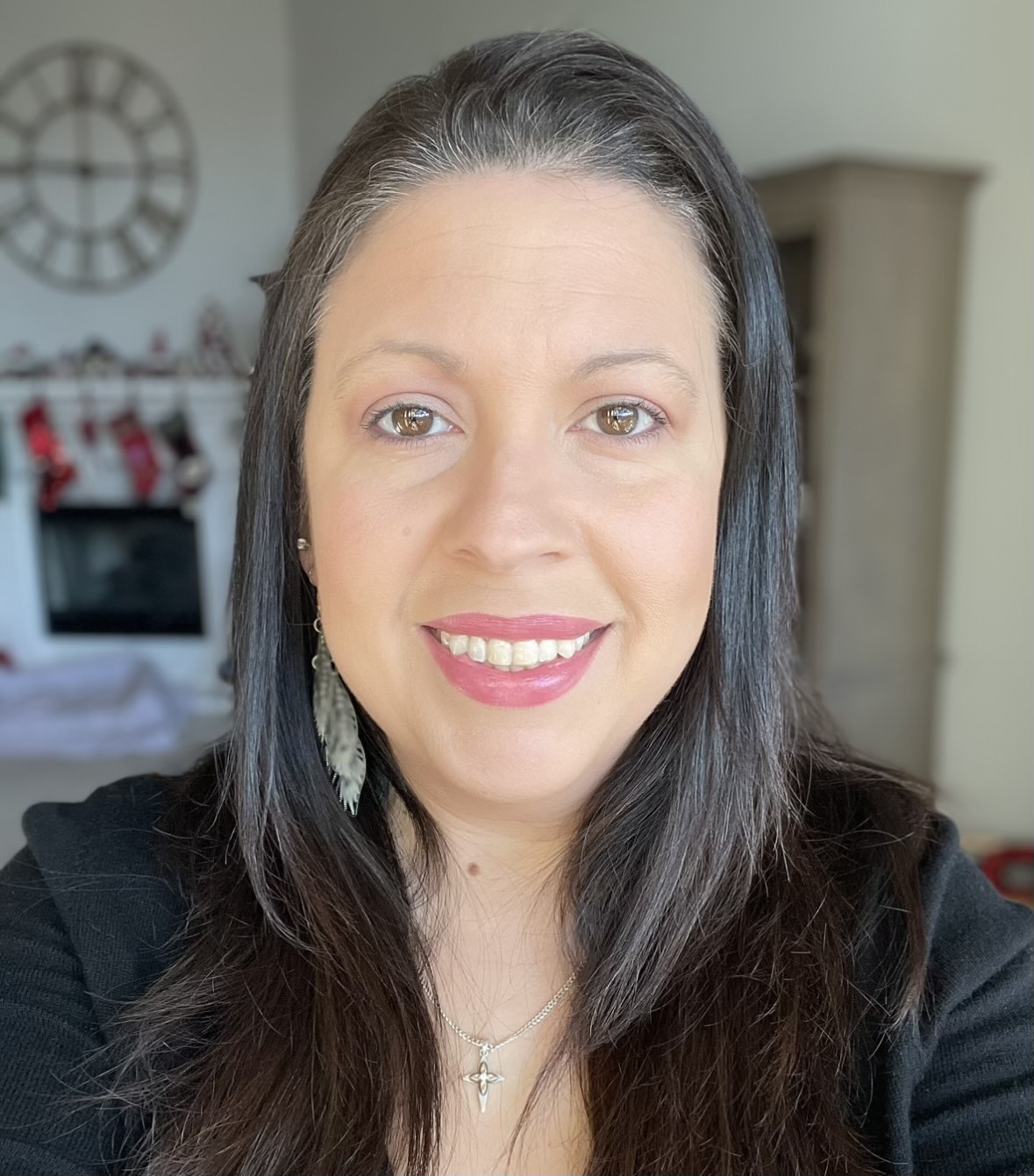
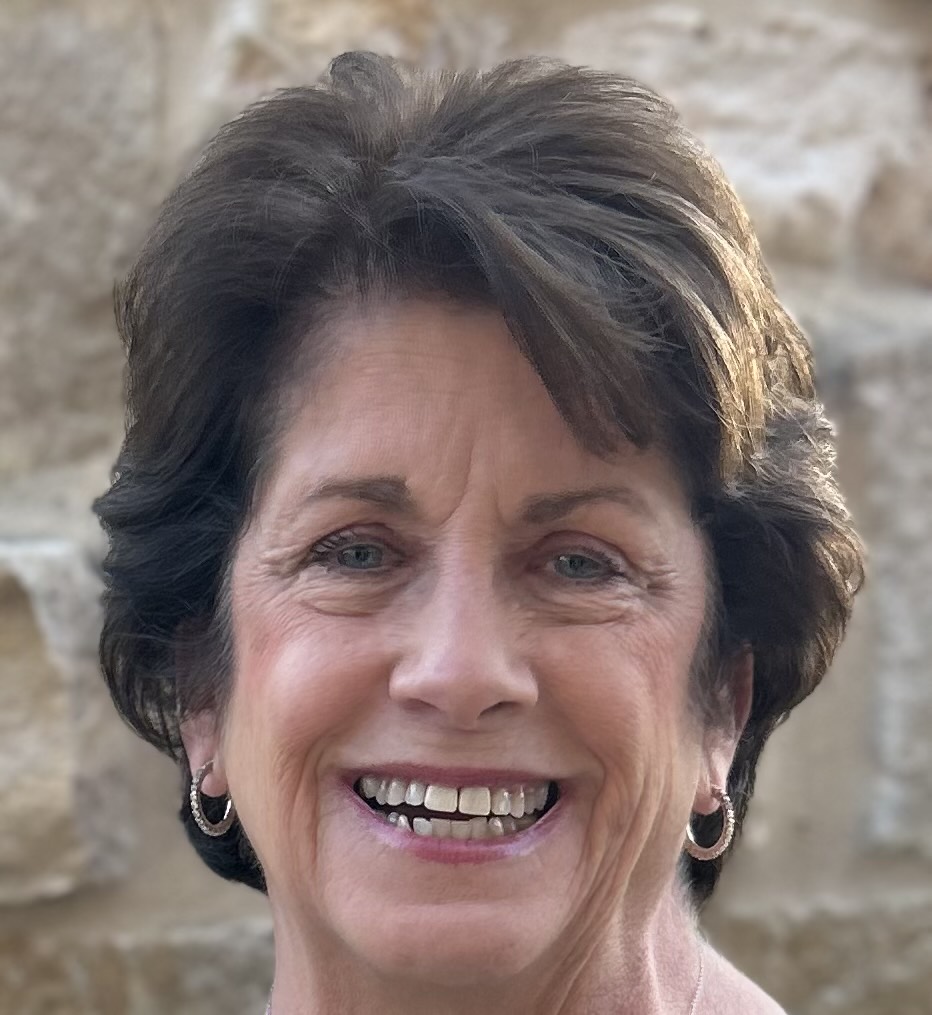

Join us for an interactive Q&A session featuring a HS educator who successfully integrated our patient simulators into her high school program. She’ll kick things off with a brief summary of her journey—from advocating for funding and making the purchase, to creatively implementing the simulators’ capabilities across her courses.
Learn how simulation has transformed her classroom, boosted student confidence, and provided hands-on experience in clinical decision-making. Whether you're just getting started or looking to expand your program, this session will offer real-world insights, practical tips, and an opportunity to ask your own questions.
The goals of the session include:
- Engaging in open dialogue with peers
- Exchanging best practices and resources
- Addressing common challenges in course delivery
- Inspiring each other with new instructional ideas
Please bring along any questions, course materials, teaching strategies, project ideas, or useful tools you've discovered.

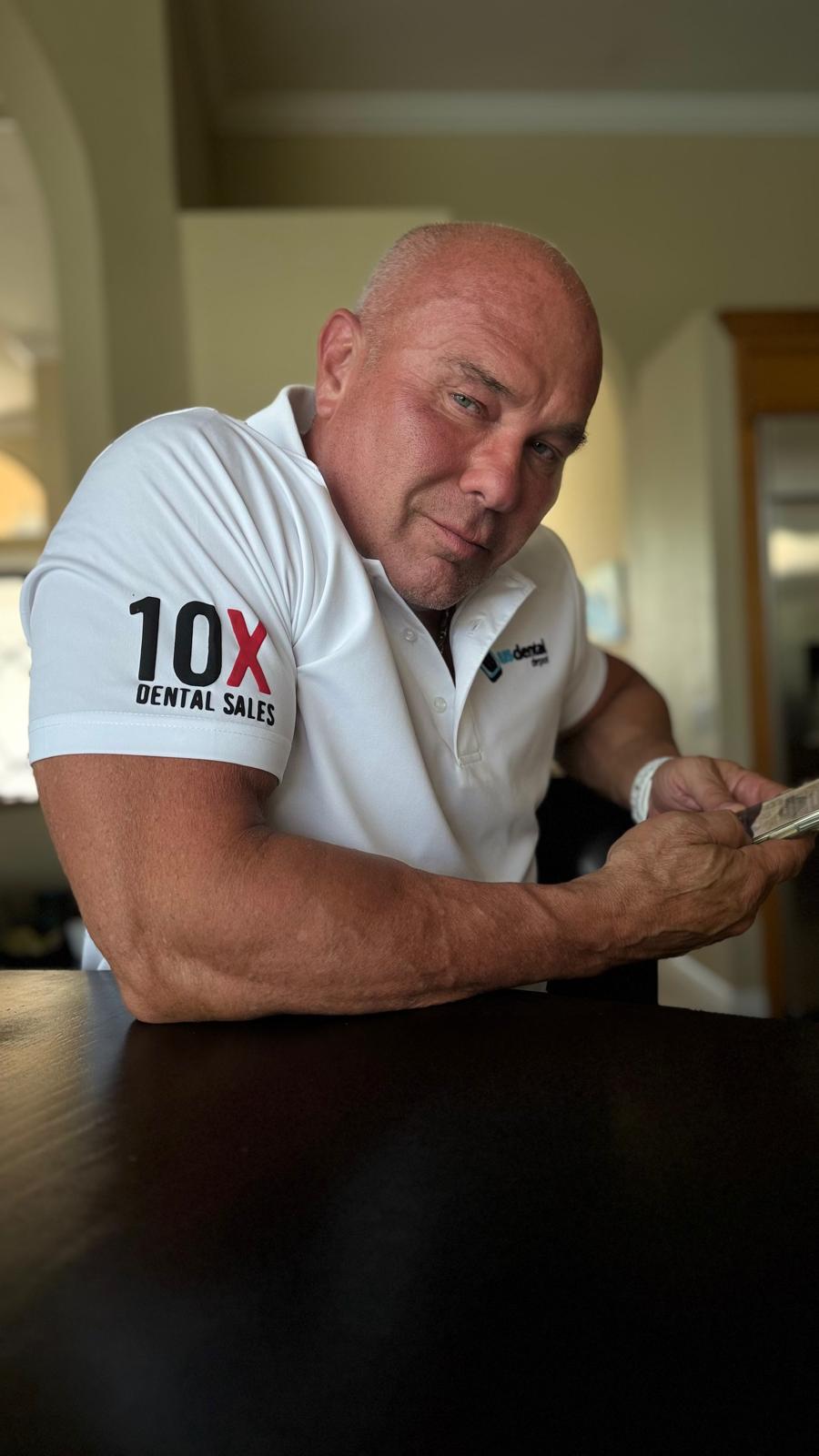
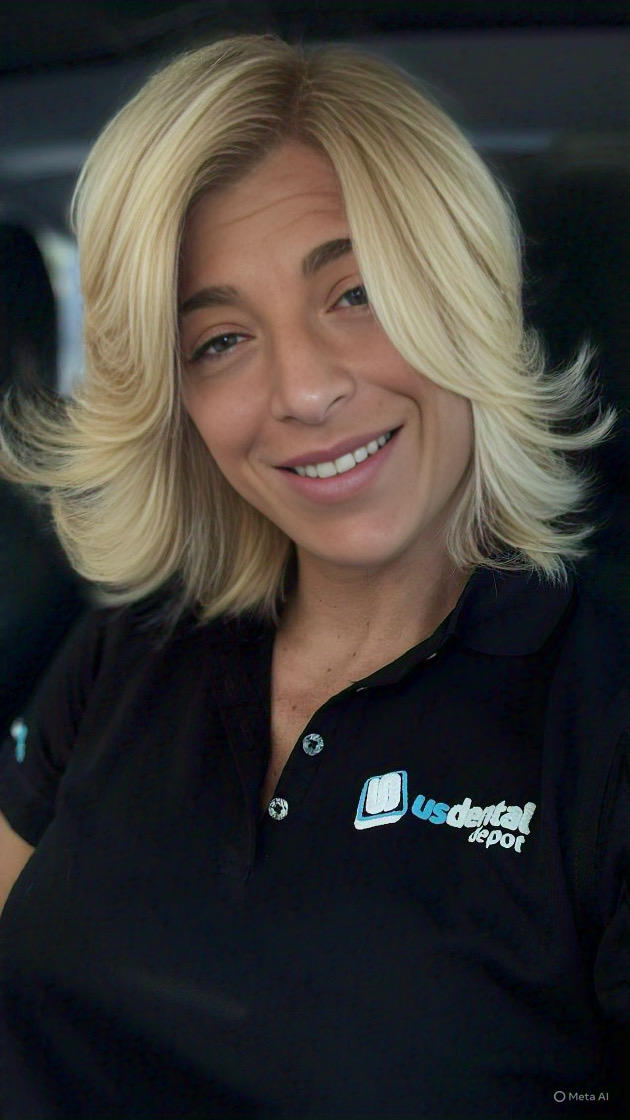

2025 Summer Conference Agenda
PDF version being created. This may take some time, please wait... ![]()